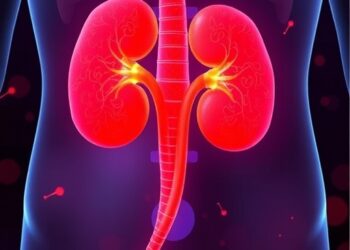A study conducted at the University of Turku in Finland shows that investment by maternal grandmothers can improve the well-being of grandchildren who have faced adversities in life. The positive effects can last well into adulthood.
A study conducted at the University of Turku in Finland shows that investment by maternal grandmothers can improve the well-being of grandchildren who have faced adversities in life. The positive effects can last well into adulthood.
Investment by maternal grandmothers is likely to reduce emotional and behavioural problems in children resulting from adverse childhood experiences. These experiences may include the death or alcohol problem of a loved one, for example.
The support may take the form of childcare or financial assistance. Support given by other grandparents was not found to have an equivalent effect.
“The results show that support given by maternal grandmothers can improve the well-being of children who have experienced adversities in life. The positive effects could be expected to last into adulthood,” says Senior Researcher Samuli Helle from the University of Turku.
The study is based on data from a survey which was responded by 1,197 English and Welsh adolescents aged 11–16 years.
“The effects of adversities during the sensitive periods of development in childhood can last long into adulthood. They can manifest in adulthood, for example, in a higher risk of premature death and a lower likelihood of having children,” says Helle.
Evolutionary biology suggests that grandparental investment in raising grandchildren has developed as a result of natural selection to give offspring a better chance of survival in challenging environments. However, there has been little research done on the extent of the positive impact of grandparental investment on the development of grandchildren, and the results have been mixed.
Journal
Scientific Reports
Article Title
Investment by maternal grandmother buffers children against the impacts of adverse early life experiences
Article Publication Date
21-Mar-2024




